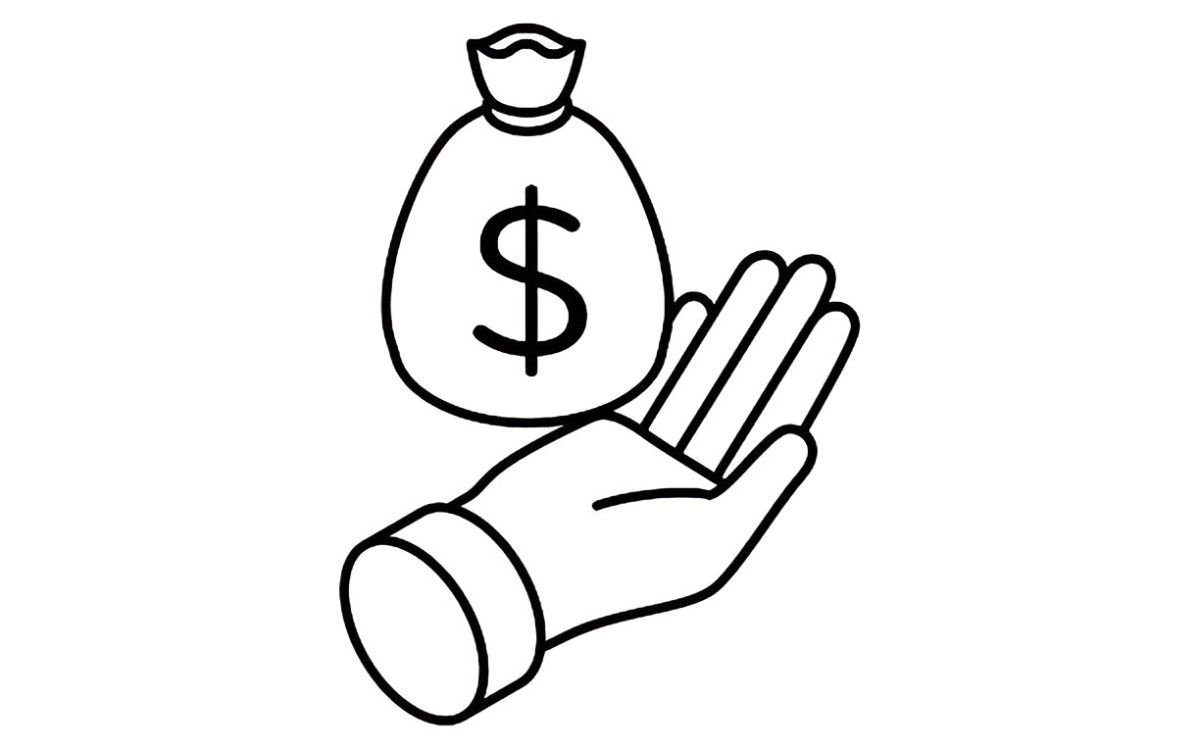When I think about the choice between paying down a $250,000 mortgage or investing that money in mutual funds, I know it’s not a simple yes-or-no answer. It depends on your financial goals, risk tolerance, interest rates, and market outlook. In this article, I’ll help you break down the pros and cons of each approach and walk you through some numbers so you can decide what makes sense for your situation.
Table of Contents
Key Factors to Consider
1. Mortgage Interest Rate vs Expected Investment Return
The first and most important factor is comparing your mortgage interest rate with the expected return from mutual funds.
- If your mortgage interest rate is higher than the after-tax return you expect from mutual funds, paying down the mortgage could save you more money in interest.
- If your mortgage interest rate is lower, investing could potentially grow your wealth faster.
2. Risk and Peace of Mind
- Paying off your mortgage reduces debt, giving you psychological relief and guaranteed “return” by avoiding interest payments.
- Investing in mutual funds carries market risk; returns are not guaranteed and can fluctuate.
3. Liquidity and Flexibility
- Extra mortgage payments reduce your cash flow and lock money into your home.
- Mutual funds offer liquidity—you can sell shares if you need cash (though beware of taxes and market timing).
4. Tax Considerations
- Mortgage interest may be tax-deductible if you itemize deductions (subject to limits), lowering your effective interest rate.
- Mutual fund earnings (dividends, capital gains) may be taxable unless held in tax-advantaged accounts.
Crunching the Numbers: Example Comparison
Suppose:
- Remaining mortgage: $250,000
- Mortgage interest rate: 4% (fixed)
- Expected mutual fund return: 7% annually
- Investment horizon: 20 years
- Tax bracket: 24% federal income tax
- Mortgage interest tax deduction assumed
Effective Mortgage Rate After Tax
If mortgage interest is deductible:
r_{mortgage} = 4% \times (1 - 0.24) = 3.04%Expected Investment Return After Tax
Assuming mutual fund returns are taxable at 15% capital gains tax:
r_{investment} = 7% \times (1 - 0.15) = 5.95%Future Value if You Invest $250,000 Instead of Paying Mortgage
Using the compound interest formula:
FV = 250,000 \times (1 + 0.0595)^{20} = 250,000 \times 3.18 = 795,000Interest Saved if You Pay Off Mortgage Now
Total interest saved over 20 years:
I = 250,000 \times 0.04 \times 20 = 200,000But because you pay principal over time, actual interest saved is less. Let’s estimate with amortization:
The total interest on a 30-year fixed mortgage at 4% for $250,000 is approximately $179,674 over the life of the loan. Paying early reduces this.
Pros and Cons Summary Table
| Option | Pros | Cons |
|---|---|---|
| Pay Off Mortgage Early | Guaranteed savings, reduce debt, peace of mind | Loss of liquidity, lower returns |
| Invest in Mutual Funds | Potentially higher returns, liquidity | Market risk, no guarantees |
Other Considerations
- Emergency fund: Keep cash for 3-6 months expenses before extra investing or mortgage prepayments.
- Loan terms: Check if your mortgage allows penalty-free prepayments.
- Other debts: Prioritize paying off high-interest debts first.
- Retirement accounts: Max out tax-advantaged accounts like 401(k) before investing taxable funds.
My Take
If your mortgage rate is low (around 4% or less), investing in mutual funds with higher expected returns often makes sense financially. But if you prefer debt freedom and peace of mind, paying down your mortgage can be the right choice.





